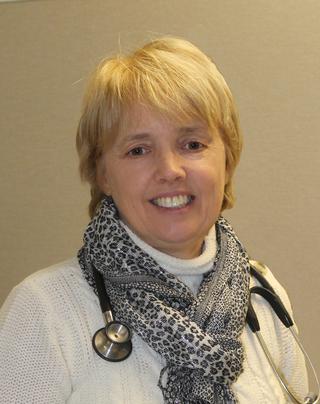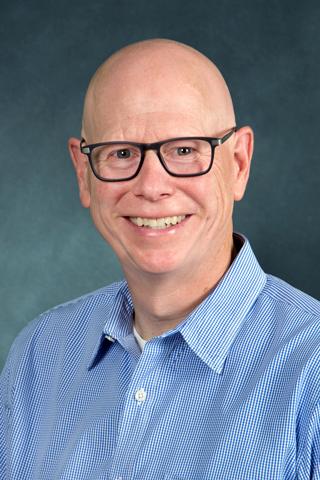Sleep Disorders Center
Canandaigua
-
Canandaigua Professional Center

Contact
Phone
Fax
We are directly across from F.F. Thompson Hospital on West Street. Please park and enter in the rear of the building.
Hours
Monday–Friday 8 a.m.−4:30 p.m.
Overview
Sleep is essential to your well-being and overall health. Unfortunately, millions of Americans don’t get the sleep they need because of lifestyle or health issues. Sleep deprivation can be linked to health problems such as obesity, high blood pressure, heart problems, depression and decreased productivity. If you think you have a sleep disorder, it’s important to get it diagnosed. The right treatment can make a big difference in your health and quality of life.
Our Mission and Goals
At the Thompson Health Sleep Disorders Center, we are committed to caring for and evaluating each individual in a supportive and personalized manner in order to provide complete, accurate and prompt test results to facilitate diagnosis and treatment.
We are here to provide a state-of-the-art diagnostic and treatment facility for individuals suffering from sleep-related breathing disorders, to increase awareness for the local medical community and the general public and to ensure that citizens of this region have access to a high-quality accredited sleep center.
Sleep Live Chat
Need to book an appointment? Questions about your health? A live chat agent may be available to assist.
How to Access a Live Chat Agent
- Click the blue chat icon in the bottom right corner of this page.
- Type live chat and send the message.
- Select the department you’d like to chat with from the list provided.
- Once connected, you'll be able to ask questions, schedule appointments, or get assistance with any concerns you may have regarding your health.
Our live chat agents are trained to provide accurate and helpful information to address your healthcare needs. Rest assured that all conversations are kept confidential in accordance with HIPAA regulations.
Note: Live chat support may be available during 8 a.m.–4:15 p.m. Monday–Friday. Live chat will be closed on university holidays. If you require immediate medical attention or are experiencing a medical emergency, please call 911 or visit the nearest emergency room.
Patient & Visitor Information
The staff at the UR Medicine Sleep Center is interested in addressing patients’ sleep concerns so they can optimize their sleep and function well during the day. Usually, a consultation with one of our providers will take 30 minutes to an hour. Depending on the nature of the concern, future appointments or testing may be necessary.
When a sleep study (polysomnogram) is appropriate, the center has an extensive facility for testing patients’ nighttime and daytime sleep. The private, clean, and comfortable bedrooms and our experienced technicians help to provide a good experience for our patients.
Test Guidelines
- Please arrive promptly at 7:30 p.m.
- Your hair should be clean and free of oils, gels, and mousse. Please remember that electrodes will be placed on your scalp using a white paste-like substance that hardens overnight. Therefore keep in mind that we will need to know in advance about any hair weaves, and/or hair pieces which would need to be removed to access the scalp.
- Proper and comfortable sleep attire is required. Men must wear both a top and a bottom, other than underwear. Women we suggest wearing something that is two-pieced (i.e. T-shirt and shorts or comfortable pants.) Slippers and robe for walking to and from bathrooms may also be helpful.
- Bring any medication you may need.
- You may feel more comfortable away from home with your own pillow. Please feel free also to bring in books or magazines for relaxation and to fill free time.
- We have a shower onsite and towels are provided. Bring any necessary personal toiletries (e.g., soap, shampoo, toothbrush).
- No smoking is allowed on the premises.
- Consume no alcoholic beverages or caffeinated beverages after twelve noon on the day of the study.
- Please remember clothing for the next day and plan to leave the center by 6:45 a.m.
While we try to make you as comfortable as possible, please remember this is a medical facility and there are specific policies we must follow to ensure your safety as a patient.
Providers
-
Accepting New Patients
-
Accepting New Patients
-
Accepting New Patients
-
Accepting New Patients
Appointment Information
To become a patient of the Sleep Disorders Center you must have either a referral by your primary care physician or a specialist such as a pulmonologist, neurologist, rheumatologist or cardiologist. A primary care physician may refer a patient only for an initial consult, whereas a specialist is able to refer for either an initial consult or sleep study.

